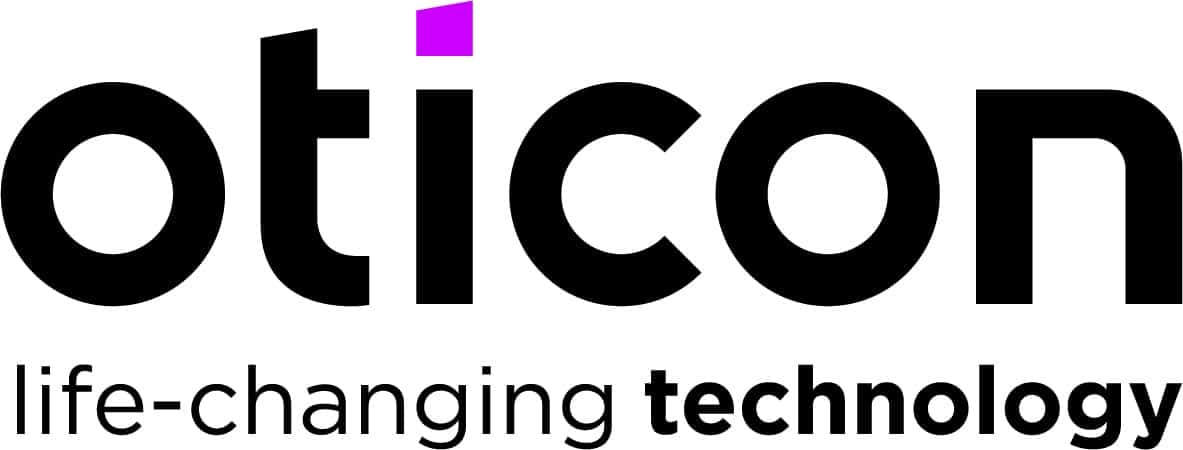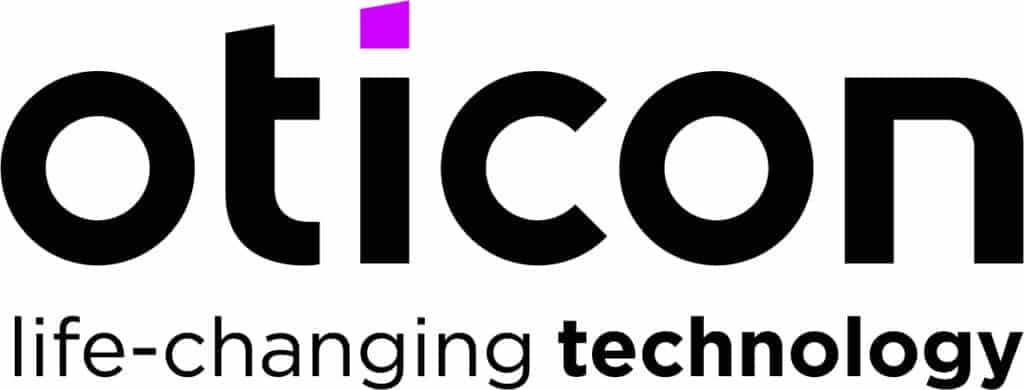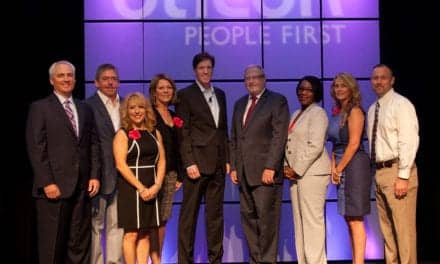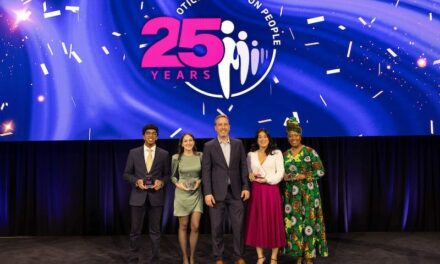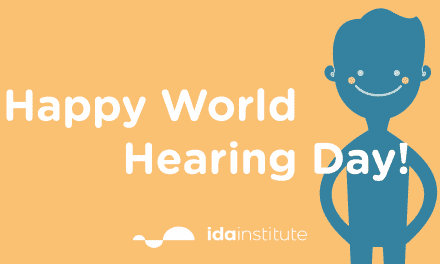The 2021 Oticon Symposium in Pediatric Audiology provided a deep dive into the newest research, advances, and hearing technology that will enable hearing care professionals to offer every child with hearing loss a better future, according to an announcement from Oticon. Presentations by experts representing centers of excellence in pediatric audiology gave participants a deeper understanding of interventions that can have a long-term positive impact on cognitive, academic, social, and emotional development throughout childhood. More than 500 hearing care professionals from hospital, educational, and private-practice settings participated in the virtual knowledge-sharing event, according to the announcement.
“There have been tremendous advances in our understanding of the impact of hearing loss on cognition and brain development in infants and children,” said Laura Shiplett, AuD, director, pediatric strategy for Oticon, Inc. “Our goal is to provide practitioners with current and clinically relevant information that will enhance their clinical skills when working with pediatric populations so that together we can continue to build a better future for every child with hearing loss.”
In a presentation on “Brain Plasticity and Pediatric Hearing Loss,” Anu Sharma, PhD, professor in the department of speech language and hearing, Institute for Cognitive Science and Center for Neuroscience at University of Colorado at Boulder, discussed how better understanding of cortical reorganization in children with hearing loss may have important clinical implications for intervention and rehabilitation. Sharma shared evidence from recent studies that showed clinical intervention with well-fitted amplification may promote more typical cortical organization and functioning and provide cognitive benefit.
Sandra Johnston, AuD, CCC-A, FAAA, PASC, pediatric account manager for Oticon, Inc, discussed Oticon’s latest research studies with children, focusing on innovations in technology that offer infants, children, and teens the best sound information possible. She explained that by providing full access to the complete sound scene, Oticon hearing aids with BrainHearing “support cognitive development, speech and language development, and the development of social relationships and inclusion.”
The symposium concluded with a presentation by Elaine Ng, PhD, MSc in audiology, principal researcher at Oticon A/S and adjunct associate professor in cognitive hearing science at Linköping University. Ng discussed how Oticon’s use of advanced scientific research methods, such as brain imaging and physiological measures is helping researchers gain insights into the ways in which innovations in hearing technology could shape the future of hearing aid technology for children.
To learn more about how Oticon solutions, tools, and techniques offer every child with hearing loss a better future visit: Oticon.com/solutions. For more information on Oticon support for hearing care professionals, visit: Oticon.com.
Source: Oticon

